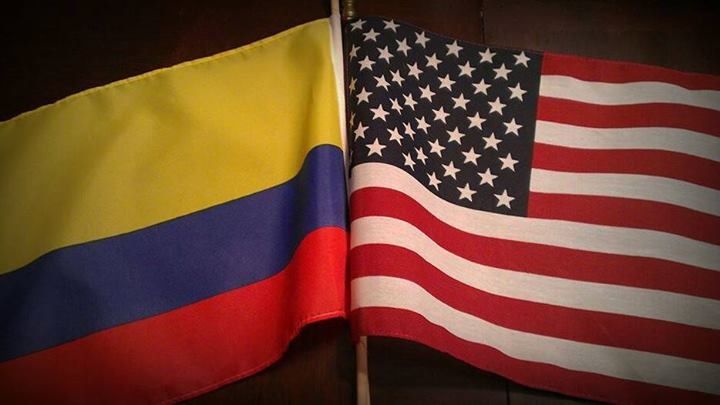Despite Local Production, Colombia Resumes Milk Powder Imports

In Colombia, the new year marks the commencement of milk powder imports from the United States, facilitated by the trade agreement between the two countries. Traditionally, these imports would quickly meet their quota, with up to 40% filled on the very first day. However, in 2025, this pace has noticeably slowed, with only 457 tons imported by January 7, representing a mere 2.4% of the 18,987-ton duty-free quota.
Trade Dynamics and Impacts
The slowdown in milk powder imports from the United States this year can be attributed to a temporary tariff hike, a measure introduced by the Ministry of Commerce, adding a 4.86% tariff. This increase, effective until January 16, 2025, resulted from an ongoing investigation into potential subsidies provided by the U.S. government to its dairy producers.
Meanwhile, the import quota for milk powder from the European Union stands at 8,800 tons, with an additional tariff of 18.4% applicable once this quota is exceeded. Furthermore, around 7,000 tons of milk powder are being imported from Bolivia, a country known for its clear agro-industrial policies despite having a smaller cattle population than Colombia.
Market Challenges
Oscar Cubillos, head of planning and economic studies at Fedegán-FNG, pointed out the paradox of importing milk while domestic production remains robust. He suggests that increased supply provides negotiating leverage for many processing companies, allowing them to offer lower prices to local dairy farmers.
By January 2026, all quotas for U.S. milk powder imports are expected to be eliminated, ushering in a period of free trade and no tariffs. A similar change is anticipated for milk powder imports from the European Union by January 2028.
The Colombian government under President Gustavo Petro has previously indicated a desire to renegotiate the trade agreement with the United States, though no formal action has been taken yet. This situation leaves the local dairy sector grappling with competitive pressures, often deemed unfair due to the subsidies provided to foreign producers.










